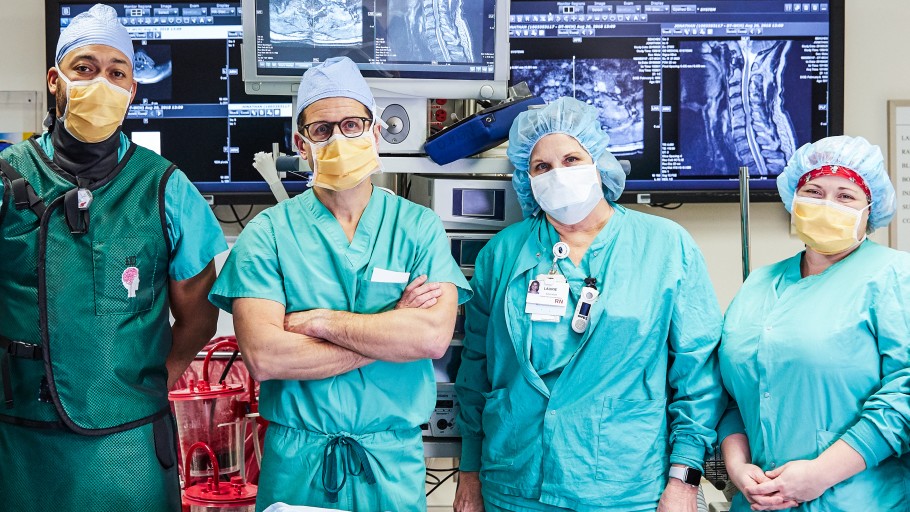RIO DE JANEIRO, BRAZIL – Uruguay will vaccinate all its healthcare workers against the coronavirus in three days, once the first 200,000 doses arrive, announced on Monday, January 25th, the director of the National Emergency System (SINAE), Sergio Rico.

The official met with Ministry of Public Health (MSP) representatives to finalize details on the logistics required by the country for the arrival of the vaccines, after President Luis Lacalle Pou announced on Saturday, January 23rd, the purchase of almost 3.8 million doses from Pfizer and Sinovac laboratories.
In addition, he told the press that, among other issues, the type of vaccination centers needed, the number of syringes or the size of needles had been determined.
“There is very little that needs to be obtained abroad, mainly the ‘ultrafreezers’ and the boxes where the doses are going to be distributed, which will be about 5,000 doses per box,” he explained.
The director of SINAE explained that the first 200,000 doses of the Pfizer vaccine will be used to immunize all healthcare workers – which will take three days – and then the focus will be on the most vulnerable people, such as those living in nursing homes or shelters.
Regarding the vaccination centers, Rico said that they will include an area for newly vaccinated people, where they will remain for between ten and fifteen minutes to prevent any adverse reaction.
“Everything will be handled through an electronic agenda just as was done with the flu vaccine, there will be no difference. The vaccine will not reach people, people will need to go to the vaccination centers,” he pointed out.
“There are two types of transfers, one from Montevideo to nearly all the country’s capitals by air, and upon arrival at the site, the Army will cooperate in carrying the vaccine from the airport to the vaccination center,” he said.
Minister of National Defense Javier García told the press that a Hercules aircraft will arrive from Germany on February 3rd with an ‘ultrafreezer’ and at least 40 containers. For the transfer, the Army will employ 500 soldiers and 150 vehicles.
For his part, Public Health Minister Daniel Salinas said on Saturday on Twitter that both the Ministry of Defense and Garcia play “a key role” and expressed his gratitude for working side by side with him.
Likewise, Salinas stressed the “challenging vaccine logistics” that Uruguay currently faces due to the ultra-cold chain that the vaccine demands, and showed images of the “ultrafreezers” now up and running.
Although the Pfizer vaccine must be kept at -72ºC, Rico explained that it can be stored for five days at a temperature of between 2ºC and 5ºC.
According to SINAE’s daily report, Uruguay totals 37,633 infections, 7,987 of them active, of which 99 are in intensive care. Montevideo and Rivera continue to be the most affected provinces, although on Sunday Durazno also moved into the red zone of the Harvard index, with over 25 people infected per 100,000 inhabitants.

